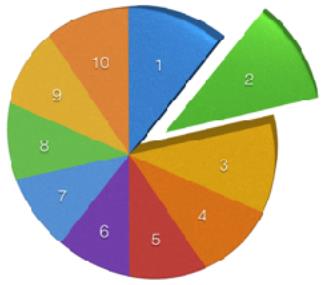
The Maths Anxiety Trust aims to assist Maths teachers by offering insights and ammunition to help boost any lack of confidence in maths students.
The resources on this website have been designed to help.
Some teachers may not want to admit to themselves that any of their pupils may not like maths lessons: some pupils are afraid to admit that they don’t like maths lessons. To check, don’t only listen to what pupils say – watch their behaviour.

__________
__________

There is a British culture of “I am no good at maths” being seen as a badge of honour. This damaging attitude is far more prevalent among girls than among boys. This seriously hampers educational achievement and subsequently has a detrimental, knock-on effect for British industry. Our country should be doing better.
Below are some ways to help girls achieve their potential..
__________
1. The child’s genetic disposition at birth (mental and physical)
2. Child’s economic background (hunger, cramped conditions)
3. Family’s social background (drink, drugs ,violence)
4. Parental postive encouragement in maths
5. The school environment
6. Unusual exterior reasons for missing school (illness, frequent family moves)
7. The Maths teacher has maths anxiety
8. The Maths pedagogy : possible inflexibility of some methods used to teach teachers to teach.
9. Online Maths courses (screen teaching)
10. The maths course in text books

__________

Boys need motivation. To do their best, boys need a clear sense of purpose (“What’s the point?”)
Boys need to understand that after they leave school, they need maths to earn money. This needs to be discussed and demonstrated at home and at school.
Boys are naturally competitive.
Boys hate to feel a loss of self-confidence. (This is why a man in a car, who has lost his way, won’t stop to ask for guidance.)
Boys leave homework until the last minute and underestimate the time required.
Ask each boy how long he guesses his homework will take. Ask him to check. this against the time it actually takes. Maybe it will take twice his estimate… or three times… or four times… Boys learn how to calculate how long a project will actually take.
Boys are less likely to try to get away with not doing homework, if they know they will be tested on it.
Of course, some boys work hard and some girls don’t.
__________
Want to see who has the national government contract – with others – to support the professional development of British maths teachers? You’ll be glad you visited NCTEM (The National Centre For Excellence in the Teaching of Mathematics).
Develop maths motivation in older boys and girls by encouraging them to visit a useful website that lists hundreds of jobs, tells you how much they pay and what qualifications you need.
Show them the Guide to Careers that’s on the National Careers Services website.
You can speak to an adviser. Tel: 0800 100 900
__________

Take younger children, aged 7 to 14 years, to Kidzania, an innovative, interactive, kid-size town. For school groups, and children, alone or with a few friends.
Here, children can role play being in a hospital team or piloting a plane, with a simulator. Children can try out jobs and get paid for their work as a hairdresser banker or fireman, in the mini-sized fire station, equipped hair salon or miniature working bank.
Kidzania demonstrates neatly how maths is linked to money and jobs; a visit can encourage aspiration in school children – especially poorer children – while entertaining them on a fun day out.
In its first year, over 200,000 school children visited Kidzania – many coming by coach from Northern England. Over 30% of those schools re-booked, to take different classes.
There are special prices for school groups and FSM pupils. At time of writing, the lowest price is £9 per student for a 4 hour visit – cheaper than a baby sitter for perhaps the most important 4 hours of your child’s life.